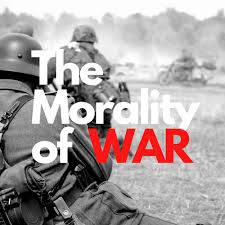In the age of social media, an important conversation to have is whether or not we should separate the art from the artist. When an artist is in the wrong, fans of the artist are faced with an ethical dilemma of whether or not to continue supporting the artist’s work. And while there is no ‘right’ way to approach art, it’s helpful to remember, that more often than not, an artist’s work extends far beyond them.
The art, having been created, takes on a new meaning and forms a separate entity. To then permanently associate this independent entity with its creator, and punish the art for the wrongdoing of the artist, would be a questionable choice on the admirer’s part.
When an artist makes a mistake, before we consider boycotting their work, it is imperative to ask all the hard-hitting questions: Did the artist commit a crime? Did their words or actions violate any laws? If not, can the artist be forgiven? Should they be given a second chance? Does the issue at hand have anything to do with the art? Is the art in question perpetuating the artist’s problematic ideas? If not, is it reasonable to punish the art, and by extension, other artists who’ve contributed to it for this one individual’s actions?
While not wanting to support the artist financially through their work is understandable, the extent to which this approach can be followed remains unclear. What if the artist is long gone? What if we already own the art? What about the other artists who are being unfairly punished? The fact remains that if the actions are unrelated to the art, then the art itself cannot be punished.
A piece of art that speaks to us is, at the end of the day, a form of expression that speaks to us. We may feel a moral obligation to hold these artists, whose work we admire and love, accountable. We may even try in vain to avoid this art, out of respect for those who cannot afford to ignore the issue at hand. But if we ever do find ourselves going back to visit the same work of art, it’s worth noting that sometimes awful people create beautiful things. But they don’t decide what their work means to us, we do.





